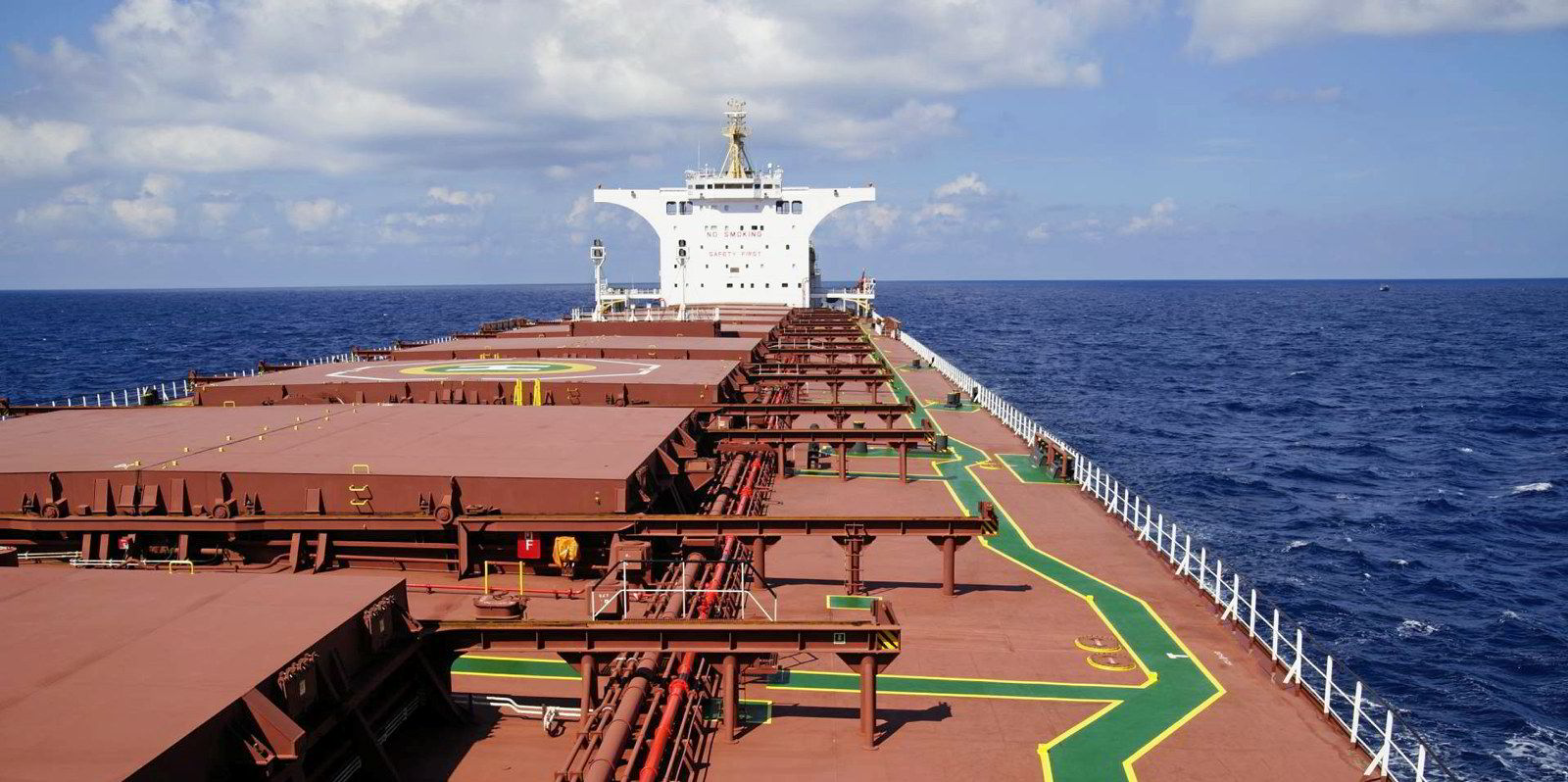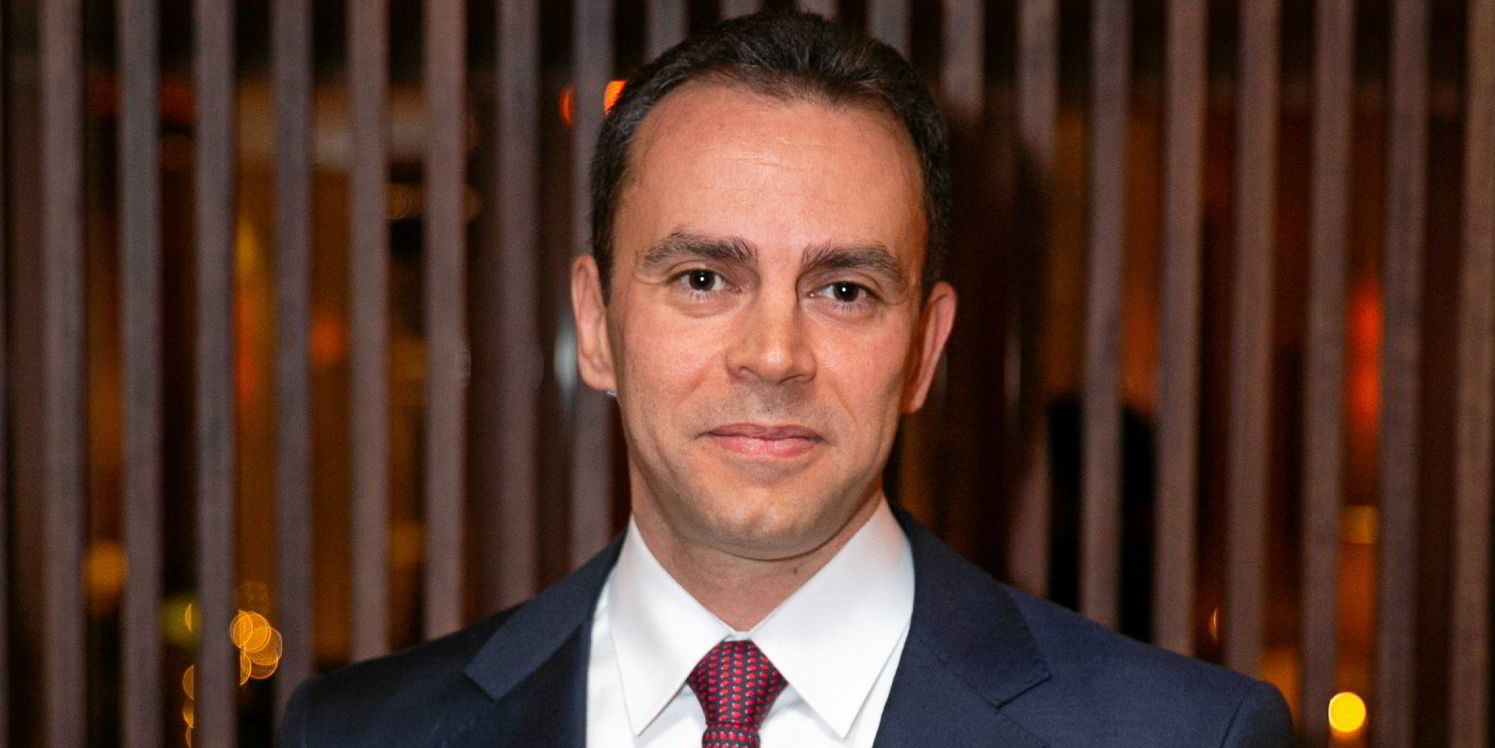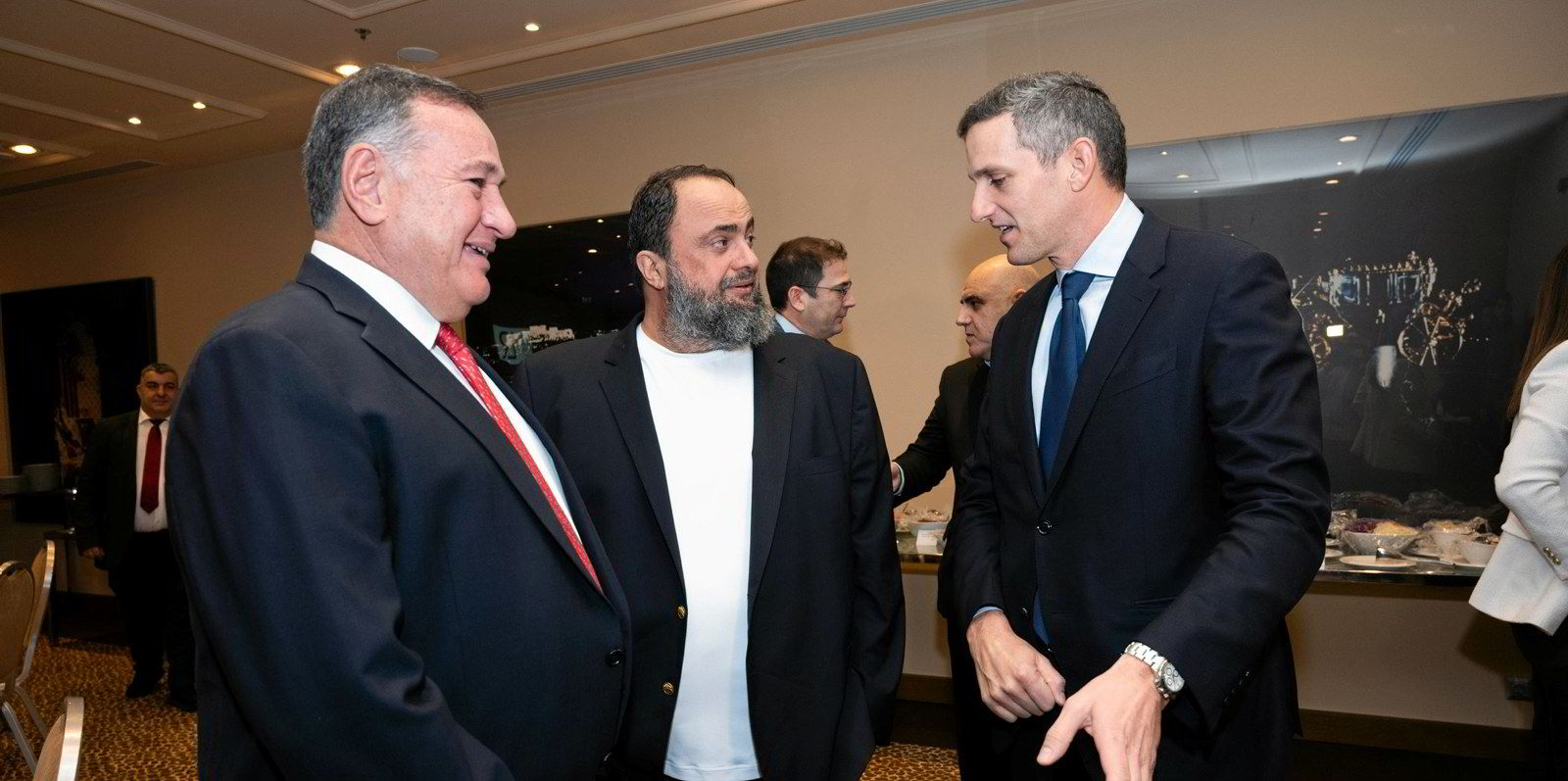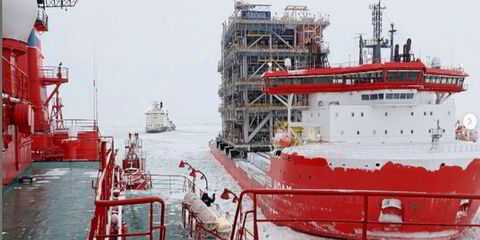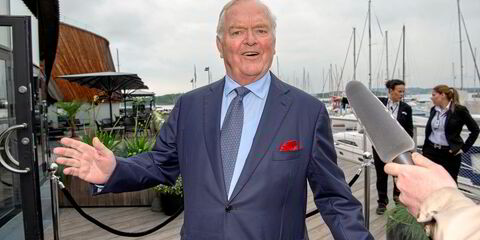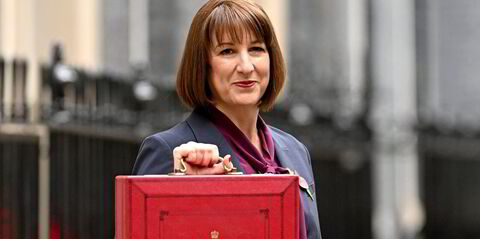Capesize spot rates continued to climb on Monday, rising to an 11-week high as iron ore volumes kept rising in both the Atlantic and Pacific markets.
The day saw three iron ore majors gobble up tonnage as the list of available vessels slimmed.
The Baltic Exchange’s average of spot earnings across benchmark routes soared 5.7% on Monday alone to reach nearly $34,900 per day.
That represented a 32% leap since this time last week and the highest rate for the Baltic Capesize 5TC index since 14 December.
Shipowner 2020 Bulkers said on X that the rise comes as the market has seen 61m tonnes of iron ore pumped into the market so far this year, representing a 21% increase from this time in 2023.
Monday’s gains came after last week’s 25% jump in Australian iron ore volumes last week, which rose to 17.3m tonnes.
Shipments from Brazil hurtled 14% to 8.3m tonnes, the company said in a post that was echoed on the X account of sister company Himalaya Shipping.
But capesize freight futures deflated slightly, with April contracts losing 2.7% in the day to reach just below $33,600 per day in a backwardated market that saw August contracts shed $986 to reach about $24,400 per day.
In the market to carry Western Australia cargoes, brokers noted decreased available tonnage, which lifted rates on the route to China, according to the exchange’s daily report.
“Across the Pacific, all three miners were bustling with activity,” Baltic Exchange analysts wrote.
BHP and Fortescue Metals Group each picked up a capesize bulker to haul 160,000 tonnes of iron ore on the route at $14.50 per tonne, while South Korean operator Pan Ocean paid $14.90 to move a 170,000-tonne stem.
That is up from $13.25 to $13.50 per tonne on Friday.
In the Atlantic, trader Vitol fixed the 179,000-dwt Milos Warrior (built 2011) for a ride from Tubarao, Brazil, to the Chinese port of Qingdao at $29.25 per tonne, while South Korean vessel operator Hyundai Glovis paid $30 for a similar fixture.
The route’s last-done fixture was at $27.50 per tonne on Thursday.
“Last week in the Atlantic, several fixtures were concluded later in the day, from South Brazil and West Africa to the Far East,” Baltic Exchange analysts said.
“This has led to a reduction in the availability of vessels in ballast from the Pacific. Sentiment in both the South and North Atlantic regions remains highly optimistic.”
